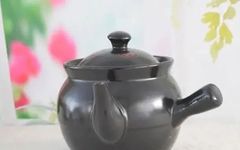
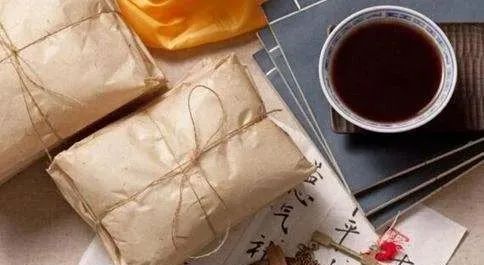
Traditional Chinese Medicine (TCM) decoctions are one of the traditional forms of TCM and are the most commonly used method for TCM treatment. The Compendium of Materia Medica states: “When taking decoctions, even if the herbs are specialized and properly processed, if the decoction is made carelessly, with improper water and fire, and the timing is off, the medicine will be ineffective.” This shows that the quality of decoctions is closely related to the utensils used for preparation, the amount of water, the heat, the timing, and the method.

Selection of Decoction Tools
Clay pots, ceramic vessels, etc., are preferred for decocting TCM due to their stable chemical properties, uniform heat conduction, and good heat retention. Enamel pots, stainless steel pots, and glass decoction vessels can also be used. However, metal utensils such as iron, aluminum, and copper pots should be avoided, as they can react chemically with the components in TCM, affecting efficacy and potentially causing toxic side effects.
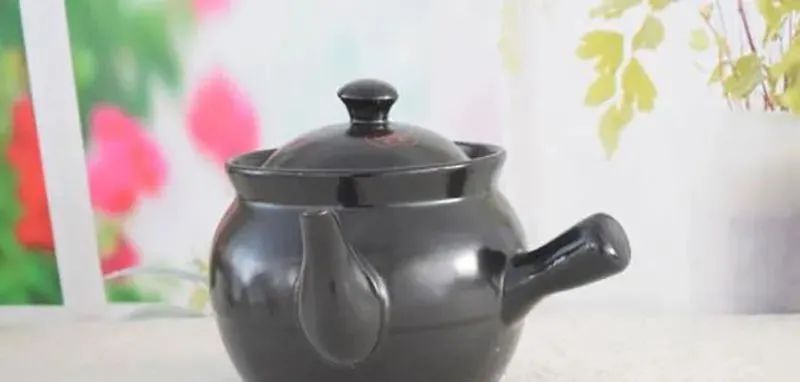

Water for Decoction
Tap water is the most commonly used water for decoction. It is recommended to collect tap water in a clean container and let it sit. Water collected in the morning can be used for decoction in the afternoon. If water is collected and decocted immediately, it may have a strong chlorine taste and astringent flavor.

Amount of Water for Decoction
Generally, for the first decoction, the amount of water should exceed the surface of the herbs by 3 centimeters. For the second decoction, the water should exceed the surface of the herbs by 2 centimeters. If the herbs are hard or sticky, or if the formula requires slow cooking or a long decoction time, slightly more water should be added.
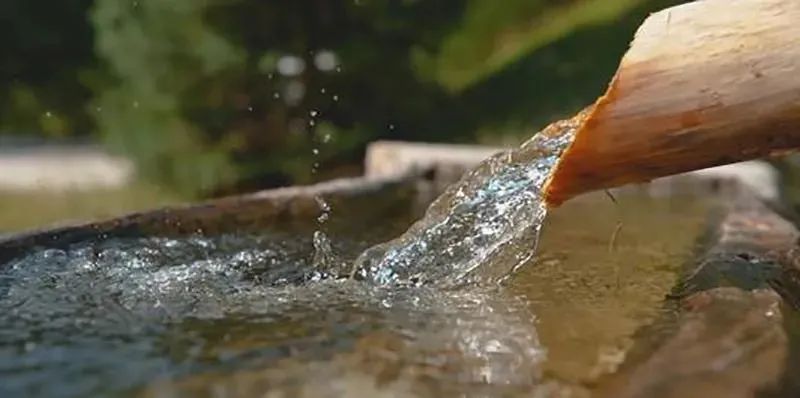

Methods of Decoction
01
Soaking the Herbal Pieces
Generally, TCM herbs should be soaked in cold water for 20-30 minutes. If the herbs are primarily seeds or fruits, they can be soaked for about 1 hour. In summer, when temperatures are high, soaking time should not be too long to avoid spoilage.
02
Heat and Timing for Decoction
When decocting, use high heat (boiling) before boiling, and then switch to low heat (gentle simmer) to maintain a slight boil. This reduces water evaporation and helps extract the effective components. The decoction time depends on the characteristics of the herbs and the condition being treated; generally, herbs should be simmered on low heat for 25-30 minutes, while releasing exterior pathogens and other aromatic herbs require 10-15 minutes, and tonifying herbs or those with difficult-to-extract components require 40-45 minutes.
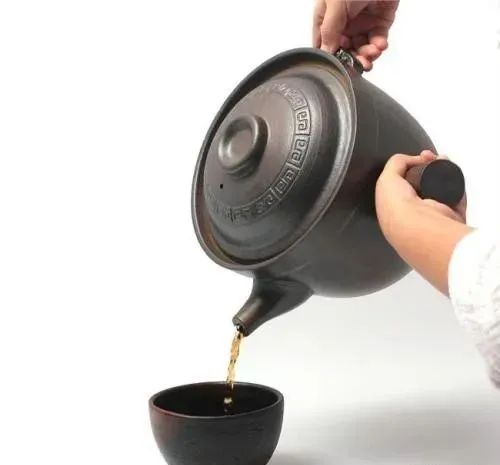
03
Special Decoction Methods for Certain Herbal Pieces
Some TCM herbal pieces require special handling due to their properties, performance, and clinical uses. Doctors will prescribe herbs with annotations based on the patient’s condition and the nature of the herbs, such as pre-decocting, adding later, bag decoction, dissolving, etc. Pharmacists in TCM pharmacies will also package herbs that require special decoction methods separately.
Pre-decoct: decoct for 30-40 minutes first
Add later: add to the pot 10-15 minutes before the decoction is finished
Bag decoction: place in a gauze bag and cook with the other herbs
Dissolve for consumption: dissolve the herbs in hot decoction before taking
Melting for consumption: take after melting in hot decoction
Separate decoction and mix in: decoct separately and then mix into the decoction
Take by dissolving: dissolve the powder in the decoction before taking
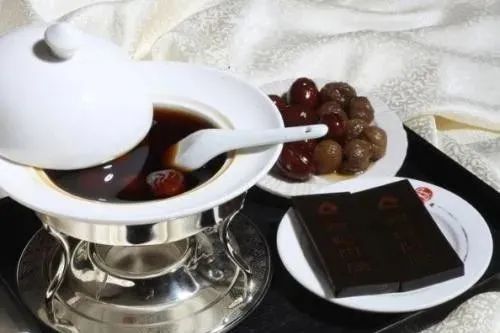

Decoction Time and Frequency
The decoction time should be determined based on the nature of the herbs. In fact, decocting the herbs multiple times is definitely more effective than a single long decoction. Practice has shown that decocting twice can extract about 80% of the effective components from the herbs. The first decoction should be about 20-30 minutes after the water boils, while the second decoction can be slightly shorter, about 15-20 minutes. Exterior-releasing and aromatic herbs should not be decocted for too long, ideally 15-20 minutes after boiling, while tonifying herbs and hard herbs require longer, about 40-60 minutes, with the second decoction time being slightly shorter.
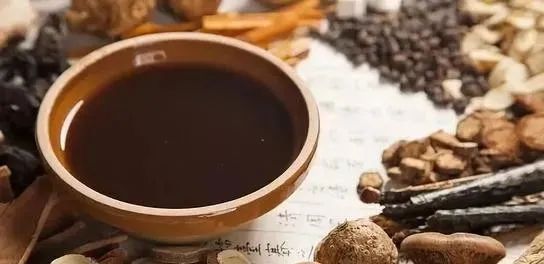

Precautions
When taking TCM decoctions, one should avoid smoking and drinking alcohol, as well as spicy, oily, greasy, and cold foods. Overeating should also be avoided. Patients with skin diseases should avoid fish, shrimp, and stimulating foods. If taking Western medicine concurrently, it should be taken at a different time. Children, pregnant women, or the elderly should follow medical advice.
Source: Quzhou Traditional Chinese Medicine Hospital (Copyright belongs to the original author. If there is any infringement, please contact us for modification or deletion. Contact number: 0731-85054048)
Recommended Reading
Join Groups: Various specialized nursing WeChat groups, hurry to join
Submissions:Original articles related to nursing are welcome for submission
Video Account: Nursing tips and expert live broadcasts
Follow: WeChat public account categorized by nursing departments
Buy Books:Nursing books, click “Read the original text” below to purchase

